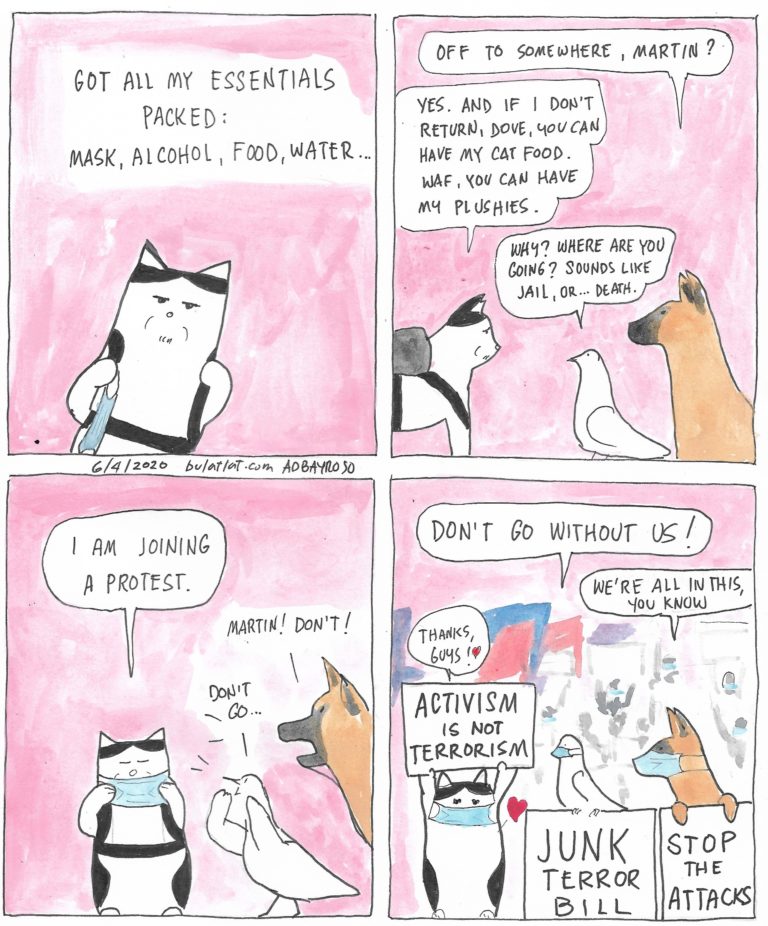“It is a damning indictment of its non-compliance with principles, standards, instruments and conventions on human rights. The government must shape up and should seriously rethink its draconian approaches like institutionalizing opportunities for even more widespread violations through dubious “anti-terror” legislation, national security policies and those related to its bloody anti-narcotics campaign, Ecuvoice said.
The post UNITED NATIONS: Rights violations widespread and persistent under Duterte gov’t appeared first on Kodao Productions.

